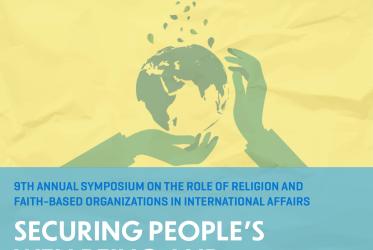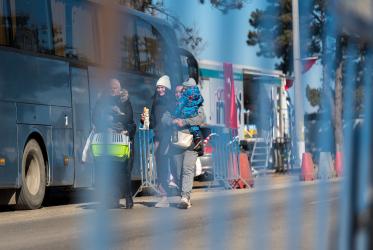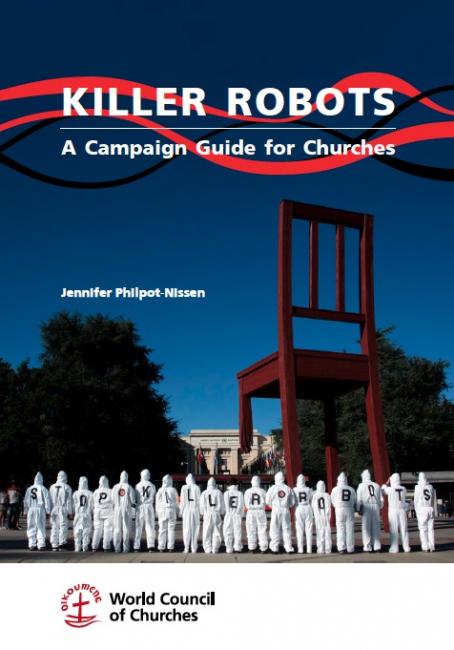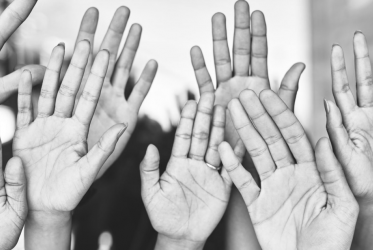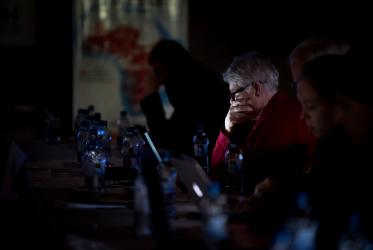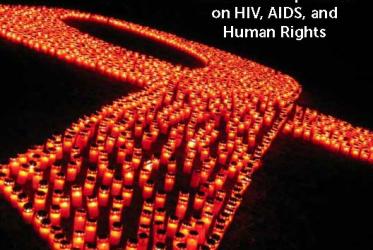Displaying 1 - 15 of 15
A Guide for Churches on the Prevention of Obstetric Fistula
26 October 2023
9th Annual Symposium on the Role of Religion and Faith-Based Organizations in International Affairs
24 January 2023
Online event
Strengthening Christian Perspectives on Human Dignity and Human Rights
Perspectives from an International Consultative Process
19 August 2022
Christliche Perspektiven zu menschlicher Würde und Menschenrechten
11 April 2022
Wuppertal, Deutschland / online
WCC-EAPPI Easter Initiative 2022
16 March - 17 April 2022
Webinar - “People on the Move: Solidarity and Advocacy”
12 November 2020
https://www.oikoumene.org/live
World conference on xenophobia, racism, and populist nationalism in the context of global migration
18 - 20 September 2018
Ergife Palace Hotel, via Aurelia 619, Rome, Italy
Keeping the Faith in Development: Gender, Religion and Health
20 September 2016
Salvation Army Auditorium, New York City, United States


